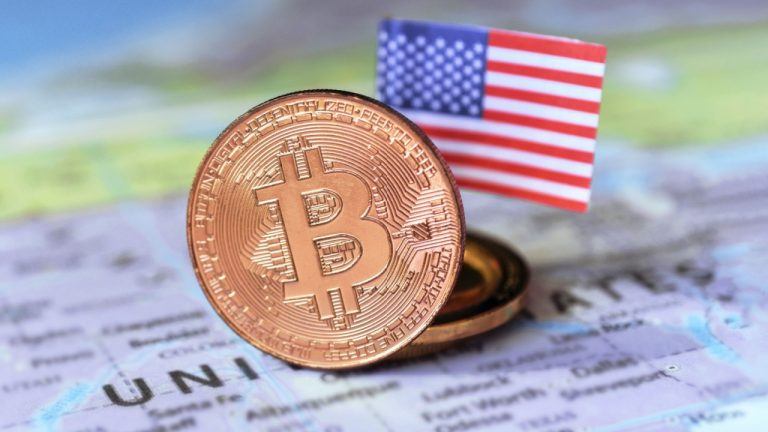
Shark Tank star, “Mr. Wonderful,” argues that Ethereum is destined to become “ultrasound money” once its chain merge occurs.
Canadian entrepreneur, investor, and reality television personality, Kevin O’Leary — also known as “Mr. Wonderful” — appears to now be singing Ethereum’s praises as a deflationary asset.
Clearly reading from a script, O’Leary took to Cameo — a website that allows users to purchase personalized video messages from celebrities — to espouse the benefits of Ethereum’s August 5 London upgrades. Most notably, the upgrades saw EIP-1559’s highly awaited burn mechanism introduced into Ethereum’s fee market.
Mr. Wonderful talks about #ethereum #EIP1559 and #EIP3675 (the merge) and Ethereum becoming cashflow positive and https://t.co/VLOOtk2Wyu pic.twitter.com/lzTNCq1rtU
— Taras.eth | Taras Bobrovytsky (@TarasBob) August 9, 2021
“It introduced a very important change to the monetary policy of Ethereum,” said O’Leary. “Currently the fees that users pay to send transactions go to the miner, but after this improvement, the fees will be burned.”
“When you combine this with EIP-3675, which switches the network to Proof-of-Stake, [...] Ethereum will become deflationary,” he concluded, adding:
“If Bitcoin is sound money because of the $21 million supply ceiling [Ethereum] is ultrasound money because there is no supply floor.”
At the time of writing, it has been five days since Ethereum’s highly anticipated 1559 improvement proposal went live.
According to Ultrasound.money, a website tracking the rate at which Ether is being burned through transaction fees, estimating that roughly 20,500 Ether (roughly $63.75 million) have been burned so far.
Related: Ethereum could pave way for $100,000 Bitcoin, Bloomberg analyst asserts
While a firm date for Ethereum’s forthcoming chain merge — which will complete the network’s transition to Proof-of-Stake consensus — is yet to be announced, experts are predicting the merge will occur in early 2022.
Last month, the chain merge was formalized as an Ethereum Improvement Proposal for the first time. Now dubbed EIP-3765, the upgrade was formalized through the creation of a pull request on GitHub.

